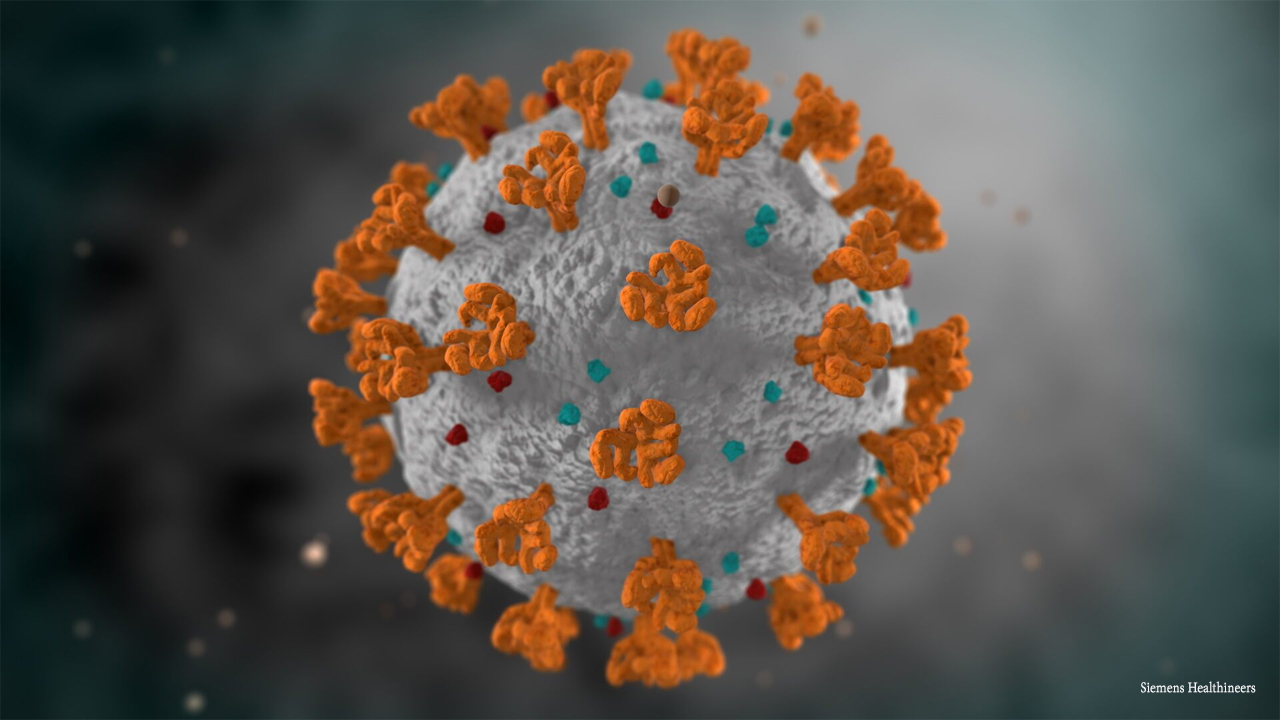Canada’s COVID-19 Immunity Task Force (CITF) is supporting a BC Children’s Hospital-led research project that aims to better grasp the role that children and young adults have played in the development of the COVID-19 pandemic in British Columbia (BC).
The Government of Canada is investing nearly $1.3 million in funding through the CITF to allow us to better understand how many 0- to 24-year-olds in BC have already been infected with SARS-CoV-2, the virus that causes COVID-19. This research will also look at how the infection rate in this age group changes over the next year. Results will be used to help inform policy decision-making around public health measures for young people.
“So far, we have little information on COVID-19 in children because there have been relatively few cases,” explains lead researcher Dr. Manish Sadarangani, Associate Professor, Department of Pediatrics, University of British Columbia and Director, Vaccine Evaluation Center, BC Children's Hospital. “Some studies suggest infection rates in children are actually the same as in adults, children simply often having no symptoms. But other studies suggest fewer children get COVID-19. Our study aims to get a better estimate of a true infection rate by including information from children with asymptomatic infection.”
“Children often have more social interactions per day than most adults, certainly when schools are open,” states Task Force Executive Director Tim Evans. “Understanding the true infection rates in children can therefore help us understand their role in community transmission. This study will also look at infection rates among university-aged people, a group that has seen a significant increase in cases in the past three months in certain provinces. These results will be important when it comes to university campus re-openings.”
"Population-based studies are needed to fully understand the role of children and young adults in the spread of COVID-19,” states Dr. Theresa Tam, Chief Public Health Officer of Canada. “Understanding their infection rates and how these change over time will help public health authorities make decisions when it comes to adjusting public health measures for this age group.”
The study, called The SPRING Study, is actively recruiting participants ages 0- to 24-years-old from anywhere in BC. Participation requires a consent form, an online questionnaire, and a home finger-prick blood test. Researchers will inform parents/participants if their child or themselves have antibodies to SARS-CoV-2, although that still does not guarantee immunity against the virus that causes COVID-19.
The CITF announced a similar study looking at COVID-19 seroprevalence and the mental health effects of COVID-19 on children and teens in Montreal six weeks ago. The CITF is funding two more studies in children. All four studies are part of the CITF’s Pediatrics Network, created to discuss scientific developments and opportunities for collaboration across studies that focus on COVID-19 immunity in children. The Michael Smith Foundation for Health Research’s COVID-19 Research Response Fund is also supporting this study.
ABOUT THE COVID-19 IMMUNITY TASK FORCE
The Government of Canada launched the COVID-19 Immunity Task Force (CITF) in late April 2020 to track the spread of the virus in both the general population and priority populations in Canada. The Task Force also aims to shed light on immune responses to SARS-CoV-2 in a diversity of communities, age brackets, populations, and occupational groups across the nation. To generate this information, the Task Force is drawing on experts from universities and hospitals across Canada, working closely with provincial and territorial public health officials, and engaging communities/stakeholders from inception through to dissemination of findings.
ABOUT THE BC CHILDREN’S HOSPITAL RESEARCH INSTITUTE
BC Children's Hospital Research Institute conducts discovery, translational, and clinical research to benefit the health of children and their families. We are supported by BC Children's Hospital Foundation; are part of BC Children’s Hospital and the Provincial Health Services Authority, and work in close partnership with the University of British Columbia.

 The Government of Canada is investing nearly $1.3 million in funding through the CITF to allow us to better understand how many 0- to 24-year-olds in BC have already been infected with SARS-CoV-2, the virus that causes COVID-19.
The Government of Canada is investing nearly $1.3 million in funding through the CITF to allow us to better understand how many 0- to 24-year-olds in BC have already been infected with SARS-CoV-2, the virus that causes COVID-19. 









.jpeg)








.png)
.png)

.png)
.png)
.png)

.png)
.png)
.png)

.png)
.png)